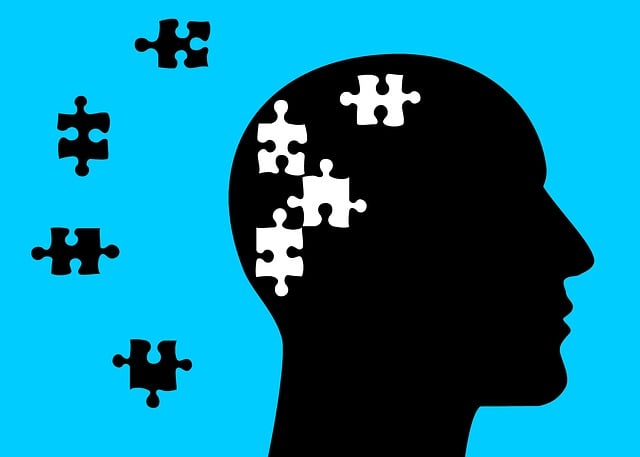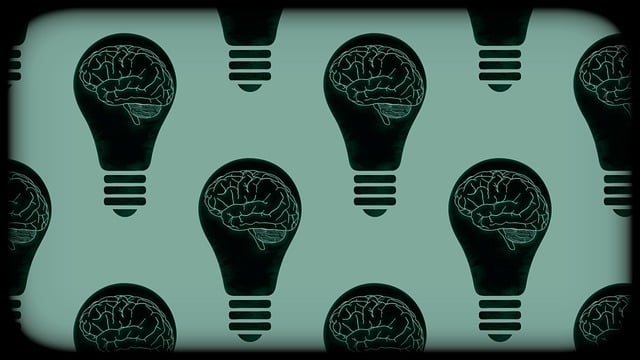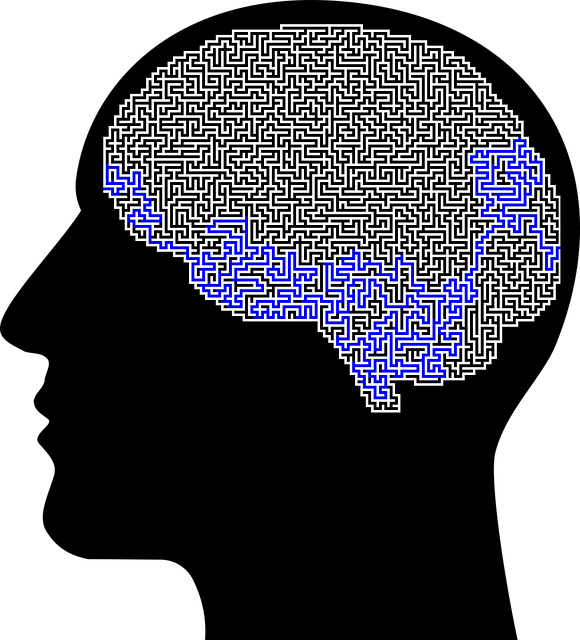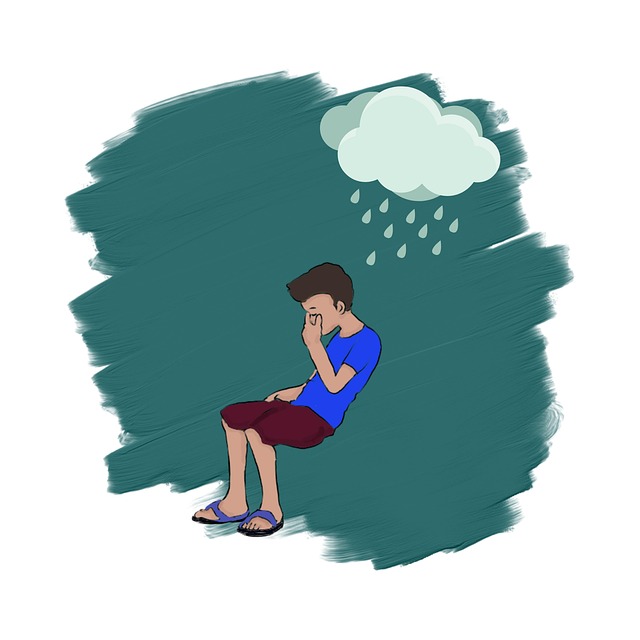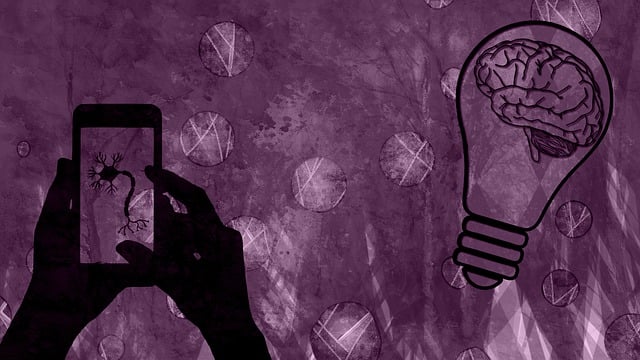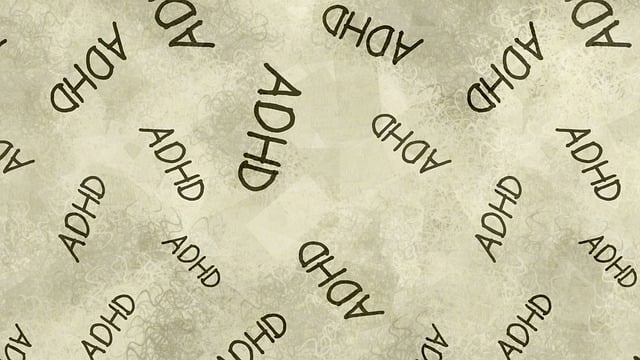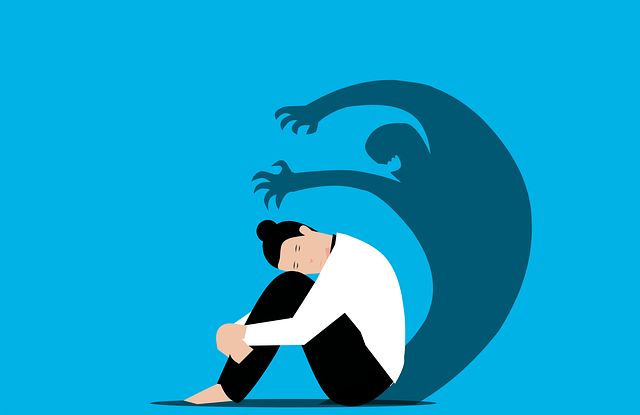Mental illness stigma severely hinders veterans seeking help for PTSD, depression, and anxiety. To reduce this barrier, initiatives focusing on increasing mental health awareness, improving access to quality care, offering specialized programs like Social Skills Training and CBT, and enhancing Emotional Intelligence are vital. Community engagement through peer support groups and tailored therapy services further empowers veterans. Systemic changes, including policy reforms and professional training, are needed to destigmatize mental illness and encourage help-seeking among veterans. Therapy for Veterans plays a key role in these efforts, fostering resilience and well-being.
Mental illness stigma remains a significant barrier to veterans accessing much-needed care. This article explores targeted efforts to reduce this pervasive issue, focusing on five key areas: understanding the stigma’s impact on veteran communities, effective therapy options tailored for their unique challenges, leveraging community engagement and support networks, advocating for policy changes that expand mental health access, and highlighting educational initiatives aimed at fostering empathy and understanding. By addressing these facets comprehensively, we aim to empower veterans in their journey towards recovery. Specifically, this piece delves into the transformative power of therapy for veterans, underscoring its role as a catalyst for healing.
- Understanding Stigma: Barriers to Seeking Help for Veterans
- Therapy as a Catalyst: Effective Treatments for Mental Health
- Community Engagement: Breaking Down Stigma Through Support Networks
- Policy and Education: Systemic Changes for Better Mental Healthcare Access
Understanding Stigma: Barriers to Seeking Help for Veterans

Stigma surrounding mental illness often acts as a significant barrier for veterans when considering seeking help. The unique experiences and challenges faced by veterans in combat can lead to complex psychological issues, including post-traumatic stress disorder (PTSD), depression, and anxiety. Unfortunately, the stigma associated with these conditions can prevent them from accessing much-needed therapy for veterans. Many veterans may feel ashamed or believe that asking for help is a sign of weakness, which are deeply ingrained societal perceptions.
This reluctance to seek professional support can have severe consequences on their overall well-being. By increasing mental health awareness and promoting understanding, we can encourage veterans to view therapy as a valuable tool. Initiatives focused on improving access to quality care, offering specialized programs like Social Skills Training, and enhancing Emotional Intelligence can play a pivotal role in reducing stigma. These efforts aim to foster an environment where veterans feel comfortable discussing their struggles without fear of judgment.
Therapy as a Catalyst: Effective Treatments for Mental Health

Mental illness stigma reduction efforts are greatly enhanced by effective therapy options that empower individuals to manage their conditions. One particularly impactful approach is therapy tailored for veterans, addressing unique challenges faced by this demographic. Specialized treatments, such as Cognitive Behavioral Therapy (CBT), have proven successful in treating post-traumatic stress disorder (PTSD) and other mental health issues prevalent among veterans. CBT equips service members with tools to identify and challenge negative thought patterns, thereby improving emotional regulation and reducing symptoms of trauma and anxiety.
These therapeutic interventions not only help veterans cope but also foster resilience and overall well-being. By integrating evidence-based stress reduction methods, therapy for veterans becomes a catalyst for positive change, breaking down barriers and promoting understanding in the broader community. This, in turn, contributes to mental illness stigma reduction efforts, making it easier for individuals to seek support without fear of judgment or discrimination.
Community Engagement: Breaking Down Stigma Through Support Networks

In the fight against mental illness stigma, community engagement plays a pivotal role. Support networks within communities can significantly contribute to breaking down barriers and fostering understanding. By organizing peer support groups, local initiatives can create safe spaces where individuals facing mental health challenges feel accepted and empowered. These groups encourage open conversations, dispelling myths and misconceptions surrounding mental illness.
One notable example is the focus on Therapy for Veterans, which has gained momentum in recent years. Many veterans face unique challenges upon returning home, including post-traumatic stress disorder (PTSD) and depression. Through community engagement efforts, support networks have formed to provide specific therapy services tailored to their needs. These initiatives employ effective communication strategies and emotional well-being promotion techniques to help veterans navigate their mental health journeys. By building strong community ties, these efforts contribute to a more supportive environment where veterans feel comfortable seeking the help they deserve.
Policy and Education: Systemic Changes for Better Mental Healthcare Access

Mental illness stigma reduction requires systemic changes, starting with policies that enhance access to mental healthcare. Governments and institutions should prioritize funding for comprehensive programs addressing various mental health issues. This includes integrating Therapy for Veterans, which has been proven effective in treating PTSD, into primary care settings. By normalizing conversations around mental health and reducing barriers to care, we can ensure veterans and other at-risk populations receive the Trauma Support Services they need.
Education plays a pivotal role in this process. Implementing training programs that teach Communication Strategies for mental health professionals can improve patient outcomes. Additionally, promoting Mindfulness Meditation as a complementary therapy can empower individuals to manage their symptoms. These efforts collectively work towards destigmatizing mental illness and fostering an environment where people feel comfortable seeking help without fear of judgment or discrimination.
Mental illness stigma reduction is a multifaceted approach that combines understanding, therapy, community engagement, and policy changes. By addressing barriers to seeking help, specifically for veterans through targeted therapy for veterans, fostering support networks, and implementing systemic reforms in mental healthcare access, we can create an environment where individuals feel empowered to prioritize their mental well-being. These efforts collectively hold the key to breaking down stigma and ensuring that everyone, including veterans, receives the compassionate care they deserve.

